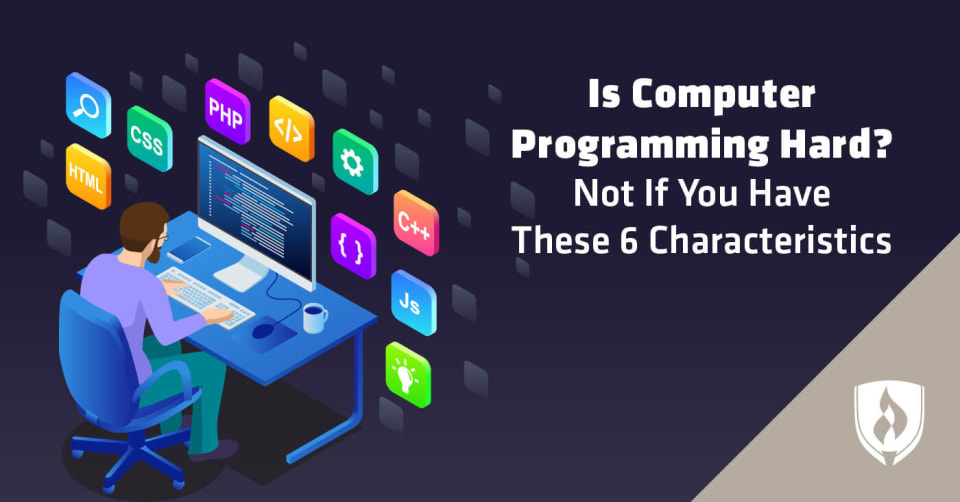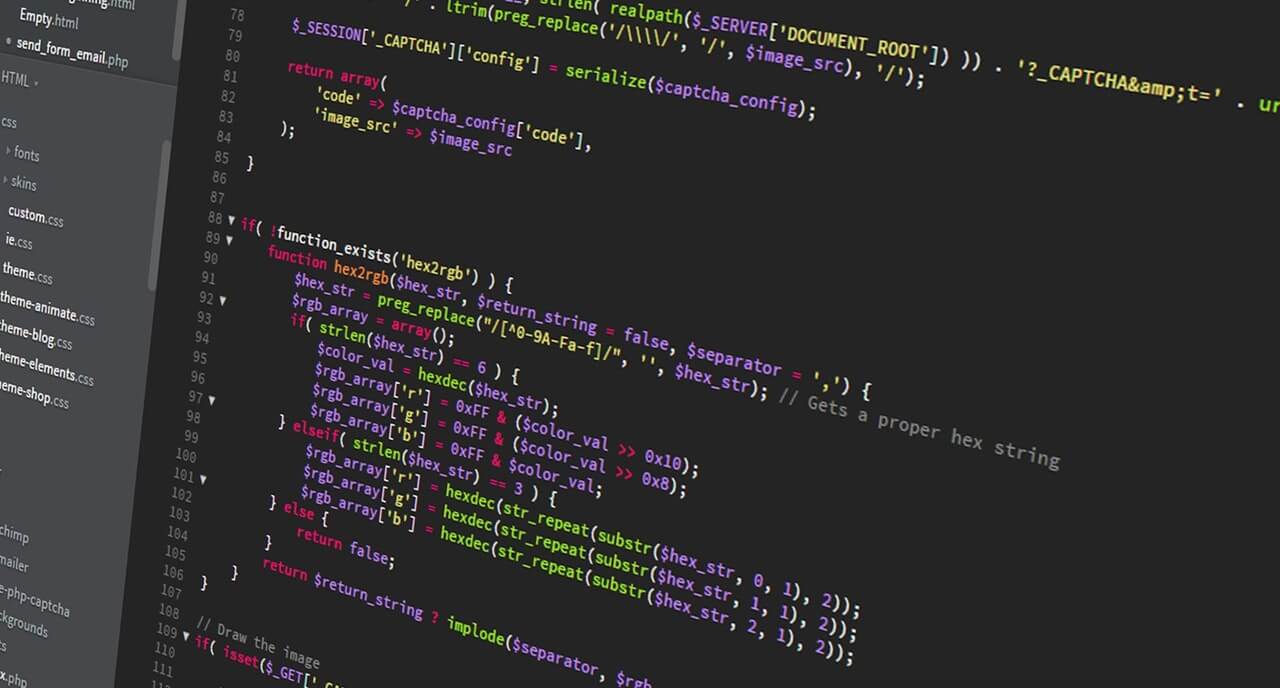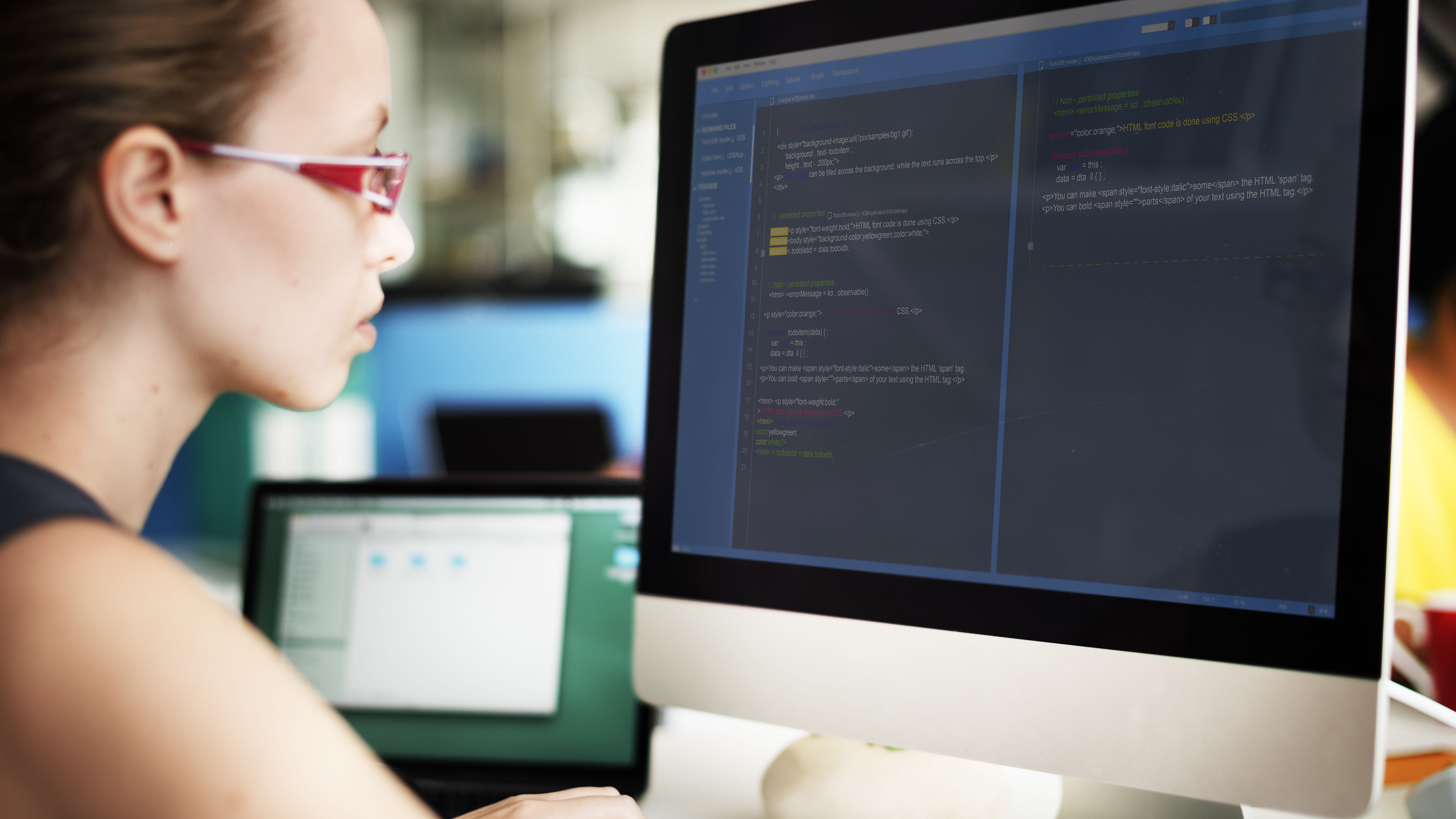How Do I Become A Computer Programmer

The digital age has ushered in an unprecedented demand for skilled computer programmers. From crafting intricate software applications to building the very infrastructure of the internet, these individuals are the architects of our increasingly digital world. But how does one actually become a computer programmer in this rapidly evolving landscape?
This article serves as a comprehensive guide, offering a roadmap for aspiring programmers. It will explore diverse educational pathways, essential skills, and practical steps to navigate the journey from novice to proficient coder. It also acknowledges the challenges and opportunities within this competitive field.
Educational Pathways: Formal vs. Self-Taught
One of the first decisions an aspiring programmer must make is choosing an educational path. The two primary options are formal education (e.g., a university degree) and self-directed learning through online resources and bootcamps.
Formal Education: The Traditional Route
A Bachelor's degree in Computer Science provides a strong theoretical foundation. These programs often cover core concepts such as data structures, algorithms, and software engineering principles. They also offer opportunities for research and internships, providing valuable hands-on experience.
According to the Bureau of Labor Statistics, many employers prefer candidates with a bachelor's degree for entry-level programming positions. However, a degree is not always a mandatory requirement for every role.
Self-Taught: The Agile Approach
The internet has democratized access to learning resources, making self-teaching a viable option. Online platforms like Coursera, edX, and Udemy offer courses on a wide range of programming languages and technologies. These courses often feature practical exercises and projects to reinforce learning.
Coding bootcamps are another accelerated learning option. These intensive programs typically last several months and focus on equipping students with job-ready skills in specific programming areas like web development or data science.
Many successful programmers have forged their careers through self-directed learning. The key is dedication, consistent practice, and a willingness to continuously learn and adapt.
Essential Skills: Building a Solid Foundation
Regardless of the chosen educational path, certain skills are fundamental to becoming a proficient computer programmer. These include a solid understanding of programming languages, data structures, and algorithms.
Programming Languages: The Tools of the Trade
The choice of programming language depends on the desired area of specialization. Python is popular for its versatility and ease of use, making it a good choice for beginners. Java is widely used in enterprise applications, while JavaScript is essential for web development.
Other popular languages include C++, C#, and Swift. Mastering at least one programming language is crucial, but learning multiple languages can broaden career opportunities.
Data Structures and Algorithms: The Building Blocks
Understanding data structures (e.g., arrays, linked lists, trees) and algorithms (e.g., sorting, searching) is essential for writing efficient and effective code. These concepts underpin many programming tasks and are frequently assessed in technical interviews.
Problem-Solving Skills: The Core Competency
Computer programming is fundamentally about solving problems. Cultivating strong analytical and problem-solving skills is therefore paramount. This involves breaking down complex problems into smaller, manageable steps and developing logical solutions.
Practical Steps: From Learning to Doing
Acquiring theoretical knowledge is only the first step. Practical experience is crucial for solidifying skills and building a portfolio to showcase capabilities.
Personal Projects: A Showcase of Skills
Working on personal projects is an excellent way to apply learned concepts and demonstrate creativity. These projects can range from simple web applications to complex software programs. They serve as a tangible demonstration of programming skills for potential employers.
Contribute to Open Source: Collaborative Learning
Contributing to open-source projects is a valuable way to learn from experienced programmers and collaborate on real-world projects. It also provides exposure to industry best practices and coding standards.
Internships and Entry-Level Roles: Gaining Industry Experience
Internships offer invaluable opportunities to gain hands-on experience in a professional setting. Entry-level roles, such as junior developer or software engineer, provide a platform to further develop skills and contribute to meaningful projects.
The Future of Programming: Adapting to Change
The field of computer programming is constantly evolving. New languages, frameworks, and technologies emerge regularly, requiring programmers to be lifelong learners.
Keeping abreast of industry trends and continuously updating skills is essential for staying competitive. This can involve attending conferences, taking online courses, and actively participating in the programming community.
The demand for skilled computer programmers is projected to remain strong in the coming years. Those who possess the right skills, dedication, and adaptability will find ample opportunities in this dynamic and rewarding field. Embracing continuous learning and a passion for problem-solving will be key to long-term success in the world of computer programming.


















